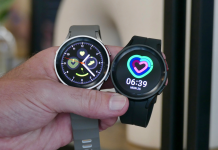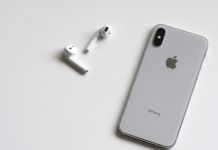In a move that may allay US regulatory worries about data integrity, TikTok, the widely used short video streaming service owned by Beijing-based tech firm ByteDance, has finished transferring information on its US customers to servers at Oracle Corporation, according to Reuters on June 17. The corporation has confirmed the news.
In 2020, when ByteDance was being pressured by US regulators to sell the app, Oracle talked about buying a small interest in TikTok. Oracle said on September 14, 2020 that it has signed a deal with ByteDance to become a “trusted technology provider,” albeit the US government still needs to ratify the deal.
Following the agreement with Oracle, ByteDance will completely store the private information of US users on Oracle’s servers in the US, erasing it from its own data centre. Data backup is still done in Singapore and Virginia right now.
Sources claim that TikTok has also established a unique US data security management team named “USDS,” which guards and separates domestic user data from ByteDance. TikTok is debating a structure in which the team will function independently and not be managed or watched over by TikTok.
On August 6, 2020, former US President Donald Trump signed an executive order ordering ByteDance to sell TikTok’s US operations to a domestic company within 45 days or risk being banned
US businesses are not allowed to work with TikTok beginning September 20, 2020, and the statement forbids them from offering services “for the purpose of transferring funds or processing payments within the US” through WeChat. TikTok opposed and persisted in filing a lawsuit in opposition to the executive order.
Trump’s ban on the social media sites TikTok and WeChat was lifted by an executive order signed by current US President Joe Biden on June 9, 2021. Instead, the US government will give the Commerce Secretary instructions to look into apps connected to foreign “adversaries,” which it feels may be a threat to the nation’s data privacy and security.








